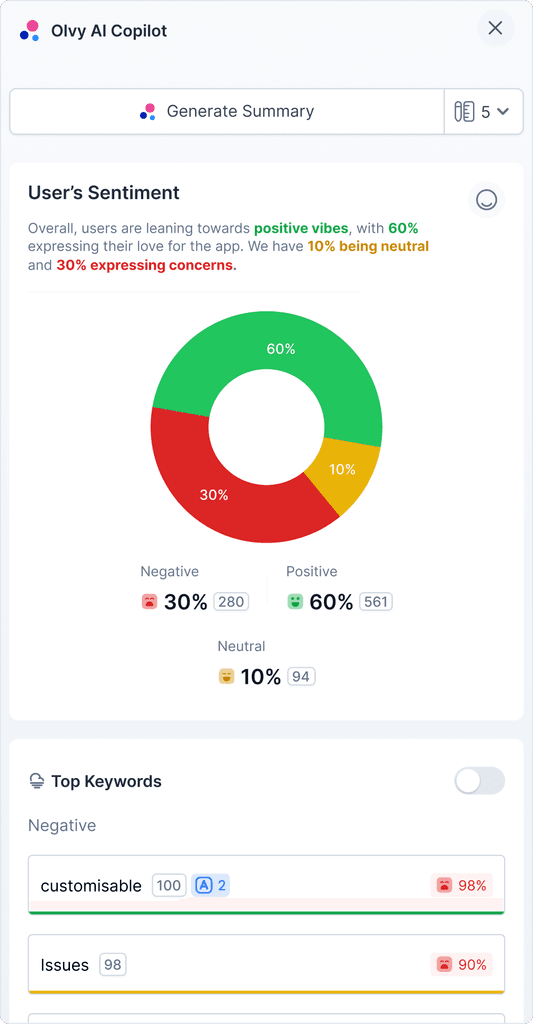Theory vs. reality in OKR
💡 CEOs and executives often view OKR as a "silver bullet" solution to all their problems, but the reality is that implementing OKR requires overcoming challenges and managing expectations. 🥦 Rushing the process of setting OKRs can diminish the major benefit of taking time to think about and identify the major problems that need to be solved in the upcoming quarter. ⏳ Taking time to figure out what matters to you and the business is crucial in the OKR process, and rushing it can lead to ineffective implementation. 🛣️ OKRs are like a roadmap for organizations, helping them map out their path towards their ultimate goal. 🤝 OKRs should not be outsourced to HR, as it is the CEO's responsibility to implement them and failure to do so may result in the company looking for a new CEO. 🌐 "Objectives started playing a more important role within businesses and over the past seventy years we've learned a lot about what works, what doesn't work, and the way I look at OKR is there's not much more as a collection of best practices." - OKR is seen as a framework that has evolved over time, with a focus on learning from past experiences and adopting best practices that suit each organization's needs. 😕 "Some people seem to equate OKRs with stretch goals, but the real value of OKRs is taking some time out to think about what you should be working on." 💡 Use OKRs to break out of the status quo, solve problems, and improve certain things within your organization, rather than using them for business as usual.
